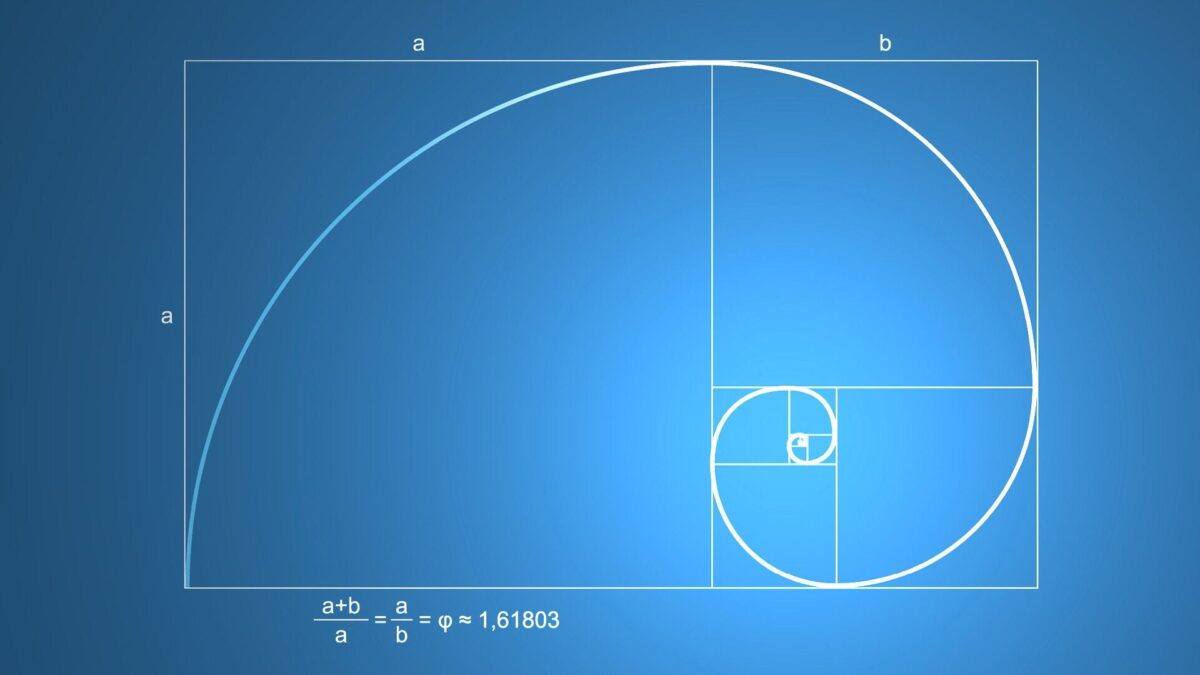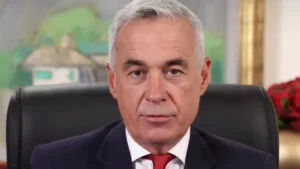IOANA LUPEA: Why is PDL losing on the hand of PRM
- Adam Popescu
- 18 septembrie 2008, 05:00
The overbidding of the political agreement between PDL and PRM in the Senate has a political purpose. To blame the party led by Emil Boc for an eventual failure of the vote named uninominal.
In the case that the Court of Appeal and the Constitutional Court will declare as winner the cause of PRM, which challenged the constitutionality and legality of the government ordinances on the uninominal colleges, PNL and PSD will hasten to acuse PDL of anti uninominal conspiracy. It will probably be the main electoral message of the two parties, regardless of when and how the elections will be held this year.
Corneliu Vadim Tudor's party was, at different times, the political partner of everyone. If the natural and historical friendship between PSD and PRM does not arrows suspected, the support given to the government Tariceanu 2 and personal to the President of the Chamber of Deputies, Bogdan Olteanu, was at least questionable. In principle, PDL and PNL are backing the same moral values, and the arrangements, in both cases, had utilitarian reasons. The liberals were exempted from a public trial for betraying their principles, while the Democrat liberals, were not. PDL fully deserved the criticism on the agreement with PRM, but the attention given to the whole business seems disproportionately large. And when PNL and PSD are poisoning, it's even suspected. The leaders of the social-democrats and liberals are striving to associate PDL with Corneliu Vadim Tudor, for the moment in which the courts will decide, at the request of PRM, the illegality of the orders issued by the government.
The anti-uninominal conspiracy theory has already been issued by the PSD leader Mircea Geoană and one of the political consultants of PNL on his blog. It's obvious that if PDL would have desired to use PRM to block the implementation of the uninominal vote, it wouldn't have done it in public, not even on television. Through his agreement with Vadim Tudor, Emil Boc has put in the hands of his political adversaries, for free, the gun with which they will shoot in the party. And the bullet will be uninominal. What explanation will seduce the public opinion in the case of the postponement of the uninominal? The rational one, that the government had violated the procedures in issuing the orders regarding the division of colleges? Or the conspiracy one, that Basescu and Vadim have plotted against the uninominal? I would bet on the second.
Signs that the vote will be on the lists or, in the spring, and that the parties know something, exist. PNL scheduled for 18 august the launch of a national campaign of public information on the uninominal vote. According to the plan of action, there were to be distributed at the level of each county, informative brochures entitled "The uninominal vote. Instructions for Use." Already printed, they stay pending, in the offices.
The candidates are not rushing to know their voters and their problems, although a good part of them have received their colleges. A politician who visits his college weekly said that he has not seen any contercandidate. And an important chief of opinion poll recognized, also surprised, that the institute which he leads, and its competition are not doing anything, although at these elections should participate more politicians than in the previous ones. If we would make a comparison between the newspaper headlines from 17 September 2004 and yesterday, we will notice a big difference. With three months before elections in 2004, the newspapers were already reflecting the tension of the elections: "How did Geoană gathered $ 200,000 from his salary, "Antena 1, the trumpet of PSD and PUR", "Adrian Nastase promised awards on the behalf of a hypothetical future prime minister Geoană", "The undesired PD deputies are holding their ground on the lists." In yesterday's press, the spirit of elections was missing: football, the crisis on financial markets and some party politics.
The chances that the new electoral code will be applied in these elections are increasingly reduced. Certain is that the fate of the voting system is decided in court. If the Constitutional Court will declare the non-constitutional orders, the Court of Appeal will be compelled to annul the Government Decision which outlines the electoral colleges. From now on nobody knows exactly what will happen. Certain is that the failure of the uninominal vote, if this scenario will come true, will be the main theme of the electoral campaign.








